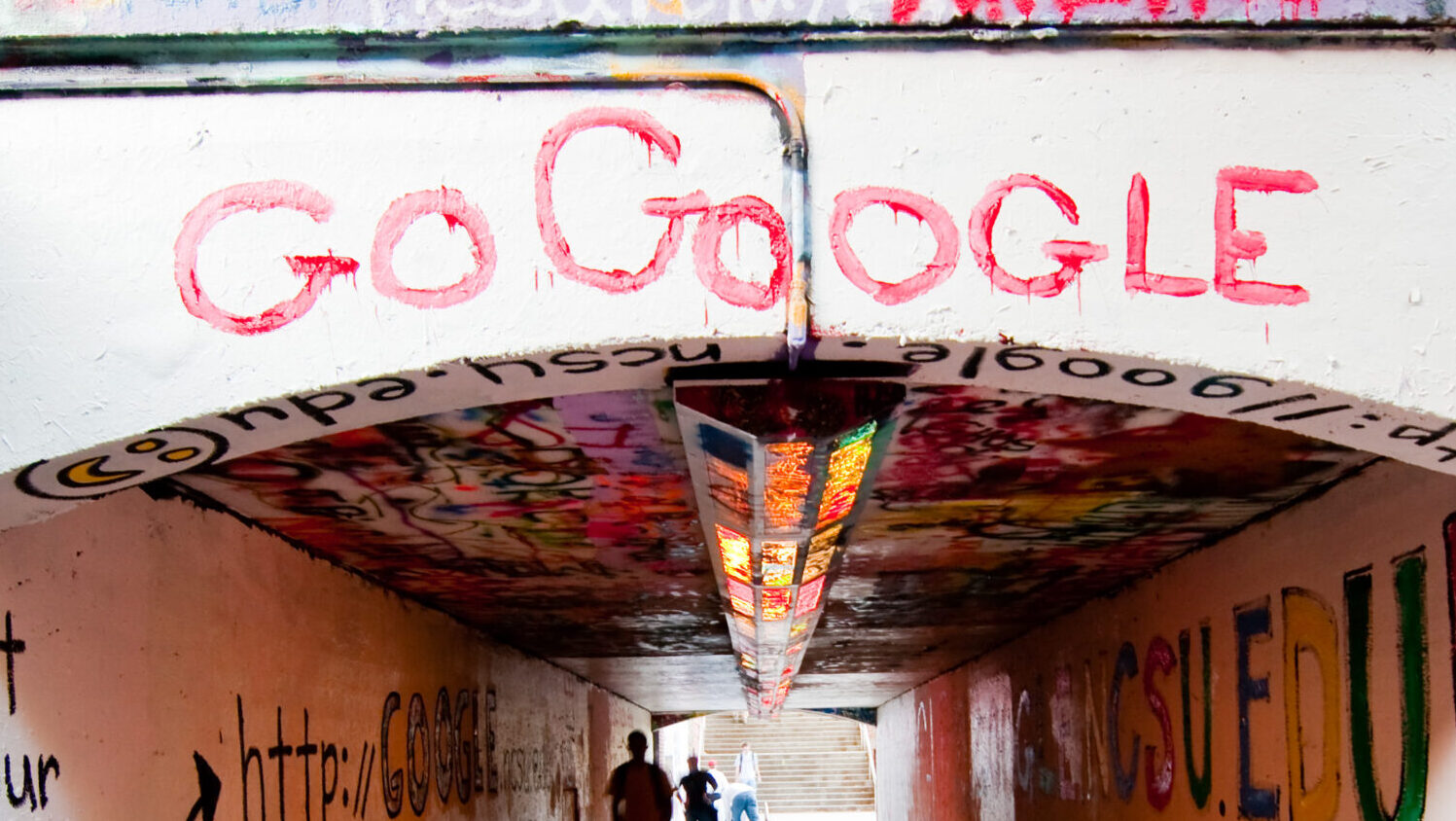
Connect to the Pack
More than 3% of graduating alumni are now using the new alumni email-only service, which is a typical adoption rate for higher educational institutions.
Sarah Noell
NC State Google service administrator
The Google Service Team (GST) has implemented a new alumni email service and email infrastructure enhancements to allow the Wolfpack community, near and far, to connect safely.
Alumni Email
For more than 12 years, the campus community, including alumni, has had unlimited storage for Google’s educational services such as Gmail, Drive, Docs, Calendar, Meet, Sheets, and Slides.
A year ago, Google introduced a new storage policy that discontinues unlimited storage. This policy significantly impacts Google Workspace at NC State account holders ― including graduates who continue to use their NC State Google account ― and their data retention processes.
Due to these storage changes, OIT will now offer an email-only alumni account with 2GB; this allows graduates to receive an alumni email address for those who would like to retain this type of affiliation with the university.
Sarah Noell, NC State Google service administrator, said the GST went live with the new alumni Google domain last December, offering alumni email-only accounts to students who graduated from May 2010 — when NC State began using Google services ― to the present.
“More than 3% of graduating alumni are now using the new alumni email-only service, which is a typical adoption rate for higher educational institutions,” Noell said.
Graduates will retain access to their current student Google account for six months after graduation, at which time it will be disabled. They will be contacted via their student Gmail account and offered an alumni account with a unityid@alumni.ncsu.edu email address.
“We have been cleaning up accounts dating back to 2010, and now we have a system in place for ongoing graduates,” Noell said.
Secure Email
According to Noell, the new alumni domain drastically reduces the number of active accounts in the primary ncsu.edu domain and provides more security.
“We’re not licensing alumni accounts in our primary domain,” she said. “We don’t have any control over how students are using the ncsu.edu email address. The primary email domain should be for active users on campus.”
Graduates will use Google 2-Step Verification to sign in to their alumni accounts and must use the account for it to remain active.
Domain-based Message Authentication, Reporting & Conformance (DMARC)
The GST also completed a five-year email infrastructure project with the enforcement of a DMARC policy that increased the reliability and deliverability of email.
An email protocol, DMARC controls what happens if a message fails certain authentication tests and provides a more secure email environment for the university. DMARC relies on the Sender Policy Framework (SPF) and DomainKeys Identified Mail (DKIM) email authentication methods, which were implemented in earlier phases of the email infrastructure project. When an email message does not pass SPF or DKIM, the DMARC policy is triggered, and the email is sent to a user’s spam folder.
To avoid email disruptions and delivery issues, Noell said, “We focused on third-party mailers that were sending email as ncsu.edu and worked with over 100 systems on campus to get DKIM set up to become authenticated users.”
According to Noell, DMARC will allow the GST to review logs and possible changes that might be needed in the university’s email environment. “These changes will provide significant protection to our users from phishers and spammers while also improving our global mail reputation,” she added.
What’s next for Google Workspace?
Noell said the GST has already begun a multi-year project to implement Google’s new storage policy. As the team continues to refine solutions and recommendations, it will invite the campus community to attend information sessions.